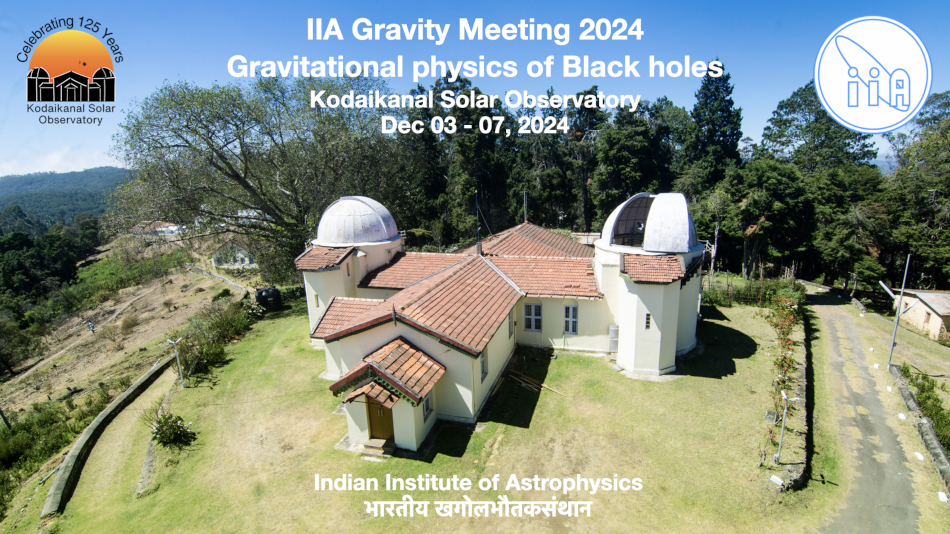Gravitational physics has witnessed transformative developments over the past two decades, earning three Nobel Prizes in recent years and establishing itself as a cornerstone of observational astronomy. Landmark achievements include the detection of gravitational waves by the LIGO and Virgo observatories, evidence of nanohertz gravitational waves from Pulsar Timing Arrays (with contributions from the Indian Pulsar Timing Array Consortium), and the high-resolution imaging of supermassive black holes by the Event Horizon Telescope. Additionally, studies of the supermassive black hole at the center of our galaxy have unveiled profound insights into stellar orbits. These advancements have positioned gravitational physics as a key driver of progress in fundamental physics, astrophysics, and cosmology.
The next decade promises even greater discoveries as observational capabilities improve, enabling groundbreaking explorations in fundamental science. This progress will require seamless collaboration between large-scale experimental facilities and theoretical research, bringing together expertise from related disciplines. Against this backdrop, this meeting seeks to articulate a forward-looking vision for gravitational research in India by convening leading researchers for focused discussions on emerging scientific opportunities, collaborative projects, and funding strategies.
The program will feature invited talks by experts, highlighting the scientific and technical frontiers of gravitational physics and its implications for Indian researchers. Discussions will address key research challenges, explore funding opportunities, and develop strategies for fostering collaboration. Training and mentoring programs for students and postdoctoral researchers will also be emphasized. By focusing on these aspects, the meeting aims to catalyze the formation of new research collaborations, the development of joint funding proposals, and the publication of impactful scientific work.
This event is designed to strengthen India’s position in the global gravitational physics community by fostering a cohesive national research network. The Indian Institute of Astrophysics (IIA) aspires to play a significant role in this effort, uniting individual expertise into a coordinated endeavor that enhances the country’s contributions to this rapidly advancing field. The meeting will also establish a platform for sustained collaboration among students and researchers, ensuring the long-term vitality of gravitational physics research in India.

